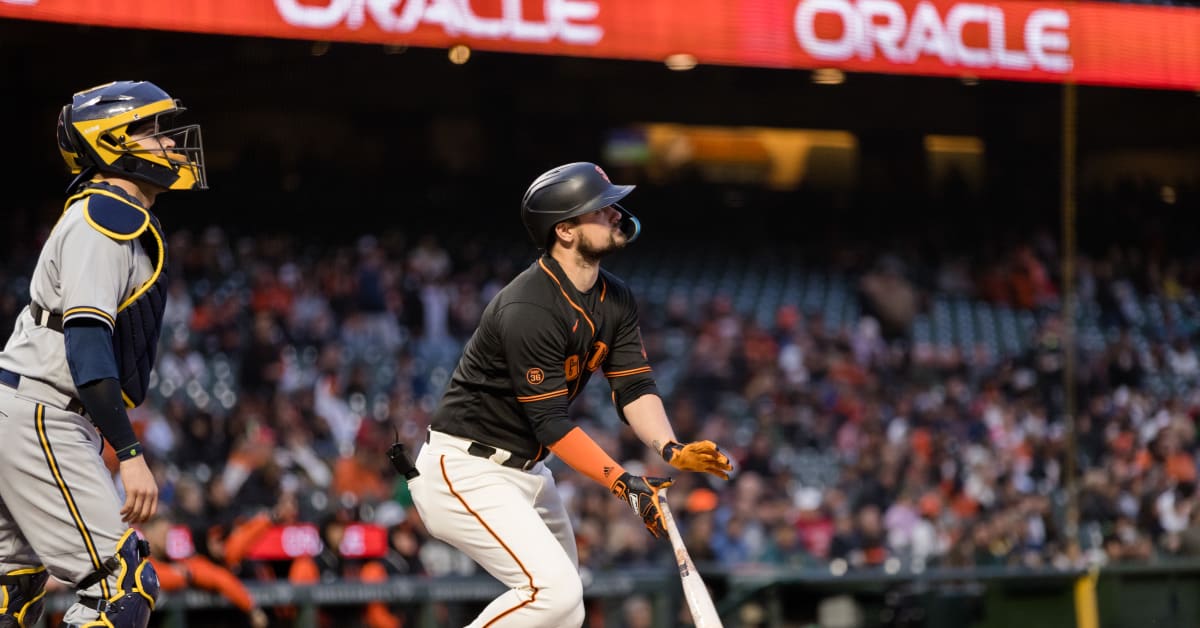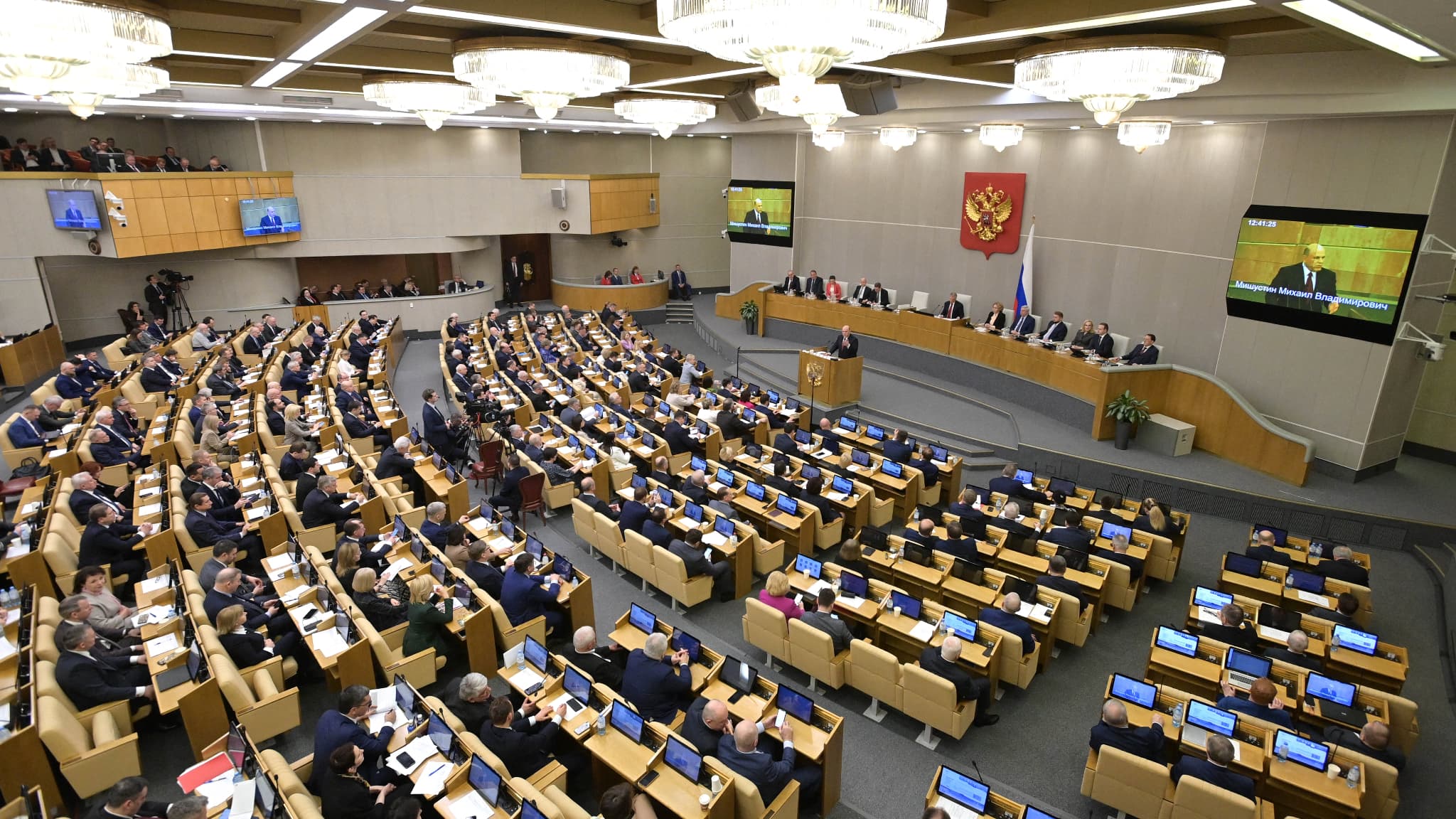FTC Challenges Microsoft's Activision Blizzard Buyout: A Legal Battle

Table of Contents
The FTC's Case Against the Microsoft-Activision Blizzard Merger
The FTC's core argument against the Microsoft-Activision Blizzard merger centers on concerns about anti-competitive practices and the potential harm to consumers.
Concerns Regarding Anti-Competitive Practices
The FTC argues that the merger would significantly reduce competition, particularly within the lucrative cloud gaming market. This concern stems from several key issues:
- Reduced competition in console gaming: The acquisition would grant Microsoft control over major gaming franchises, potentially giving them an unfair advantage over competitors like Sony and Nintendo.
- Potential for Microsoft to make Activision Blizzard games exclusive to Xbox: This could lock consumers into the Xbox ecosystem, limiting their choice and potentially driving up prices for games and gaming hardware. The fate of popular titles like Call of Duty, World of Warcraft, and Candy Crush is a central point of contention in the FTC Activision Blizzard Buyout debate.
- Concerns over control of key gaming franchises like Call of Duty: The FTC worries that Microsoft could leverage its control over these popular franchises to stifle competition and harm consumers. The potential for exclusive content or timed exclusivity is a major point of concern.
- Impact on subscription services like Game Pass: The merger could allow Microsoft to further solidify its dominance in the gaming subscription market, potentially hindering the growth of competing services.
Evidence Presented by the FTC
To support its claims, the FTC is expected to present a comprehensive body of evidence, including:
- Market share data demonstrating dominance post-merger: This data will likely highlight the combined market share of Microsoft and Activision Blizzard, demonstrating the potential for a monopoly.
- Testimony from industry experts: Economists and other experts will provide testimony on the competitive dynamics of the gaming market and the potential impact of the merger.
- Analysis of Microsoft's past acquisitions and their impact on competition: The FTC will likely scrutinize Microsoft's previous acquisitions to assess patterns of anti-competitive behavior.
Microsoft's Defense Strategy
Microsoft is expected to vigorously defend its proposed acquisition, arguing that the merger will ultimately benefit consumers through increased innovation and wider access to games. Key elements of their defense strategy likely include:
- Plans to bring Activision Blizzard games to multiple platforms: Microsoft will likely emphasize its commitment to releasing Activision Blizzard games across various platforms, including PlayStation, PC, and Nintendo Switch.
- Emphasis on expansion of Game Pass and its benefits to gamers: They will highlight the benefits of Game Pass, arguing that the addition of Activision Blizzard titles will significantly enhance its value proposition for consumers.
- Arguments against market dominance claims: Microsoft will likely contest the FTC's claims of market dominance, arguing that the gaming market remains highly competitive.
Potential Outcomes of the Legal Battle
The FTC Activision Blizzard Buyout case could result in several different outcomes, each with significant implications for the gaming industry:
FTC Victory
An FTC victory would likely result in the merger being blocked, forcing Microsoft to abandon its acquisition attempt. This would:
- Set a precedent for future large-scale tech mergers: A ruling in favor of the FTC could significantly increase regulatory scrutiny of future mergers and acquisitions in the tech sector.
- Impact on Microsoft's future acquisition plans: A setback in this case could make Microsoft more cautious in pursuing future acquisitions.
- Potential for divestiture of Activision Blizzard assets: The FTC might require Microsoft to divest some of Activision Blizzard's assets to mitigate anti-competitive concerns.
Microsoft Victory
A Microsoft victory would allow the merger to proceed, potentially reshaping the gaming landscape:
- Increased market consolidation in the gaming industry: The acquisition would further consolidate the already concentrated gaming market.
- Shift in power dynamics within the gaming ecosystem: Microsoft's increased market power could significantly shift the balance of power within the gaming industry.
- Potential for long-term pricing and availability changes for gamers: The merger could lead to changes in game pricing, availability, and overall consumer experience.
Settlement and Compromise
A negotiated settlement is also possible, where Microsoft agrees to concessions to address the FTC's concerns:
- Agreements on licensing deals for Activision Blizzard games: Microsoft might agree to license Activision Blizzard games to competitors.
- Commitments to maintain cross-platform availability: They might commit to ensuring that Activision Blizzard games remain available on multiple platforms.
- Structural changes to minimize anti-competitive concerns: Microsoft might agree to structural changes within Activision Blizzard to address the FTC's concerns.
Wider Implications of the FTC Activision Blizzard Buyout Case
The FTC Activision Blizzard Buyout case extends far beyond the immediate players, impacting the future of the gaming industry as a whole:
Impact on Future Mergers and Acquisitions
The outcome will set a significant precedent for future tech mergers and acquisitions, influencing regulatory scrutiny and the approach companies take when considering large-scale acquisitions.
The Future of Cloud Gaming
The dispute highlights the growing importance and competitive landscape of cloud gaming, and the outcome will influence its future development and accessibility.
Consumer Impact
Ultimately, the result will significantly impact the availability, pricing, and overall experience of video games for consumers worldwide.
Conclusion
The FTC's challenge to Microsoft's Activision Blizzard buyout represents a pivotal moment for the gaming industry. The legal battle's outcome will have profound ramifications for competition, innovation, and consumer choice. This FTC Activision Blizzard Buyout case underscores the need for careful consideration of anti-competitive practices in large-scale tech mergers. Stay informed about the developments in this ongoing legal battle, as it will undeniably shape the future of gaming. Understanding the implications of the FTC Activision Blizzard Buyout case is critical for anyone invested in the gaming industry's future.

Featured Posts
-
 Posthaste Navigating The Economic Impact Of Trumps Tariffs On Canadian Families
Apr 23, 2025
Posthaste Navigating The Economic Impact Of Trumps Tariffs On Canadian Families
Apr 23, 2025 -
 Updated Sanctions Switzerland Targets Russian Media In Line With Eu Measures
Apr 23, 2025
Updated Sanctions Switzerland Targets Russian Media In Line With Eu Measures
Apr 23, 2025 -
 Rayadas Doblete De Burky Define La Victoria Del Partido
Apr 23, 2025
Rayadas Doblete De Burky Define La Victoria Del Partido
Apr 23, 2025 -
 Sf Giants Flores And Lee Power Win Against Brewers
Apr 23, 2025
Sf Giants Flores And Lee Power Win Against Brewers
Apr 23, 2025 -
 Usa Today Tensions Americano Russes Et Hausse Des Depenses Militaires
Apr 23, 2025
Usa Today Tensions Americano Russes Et Hausse Des Depenses Militaires
Apr 23, 2025
